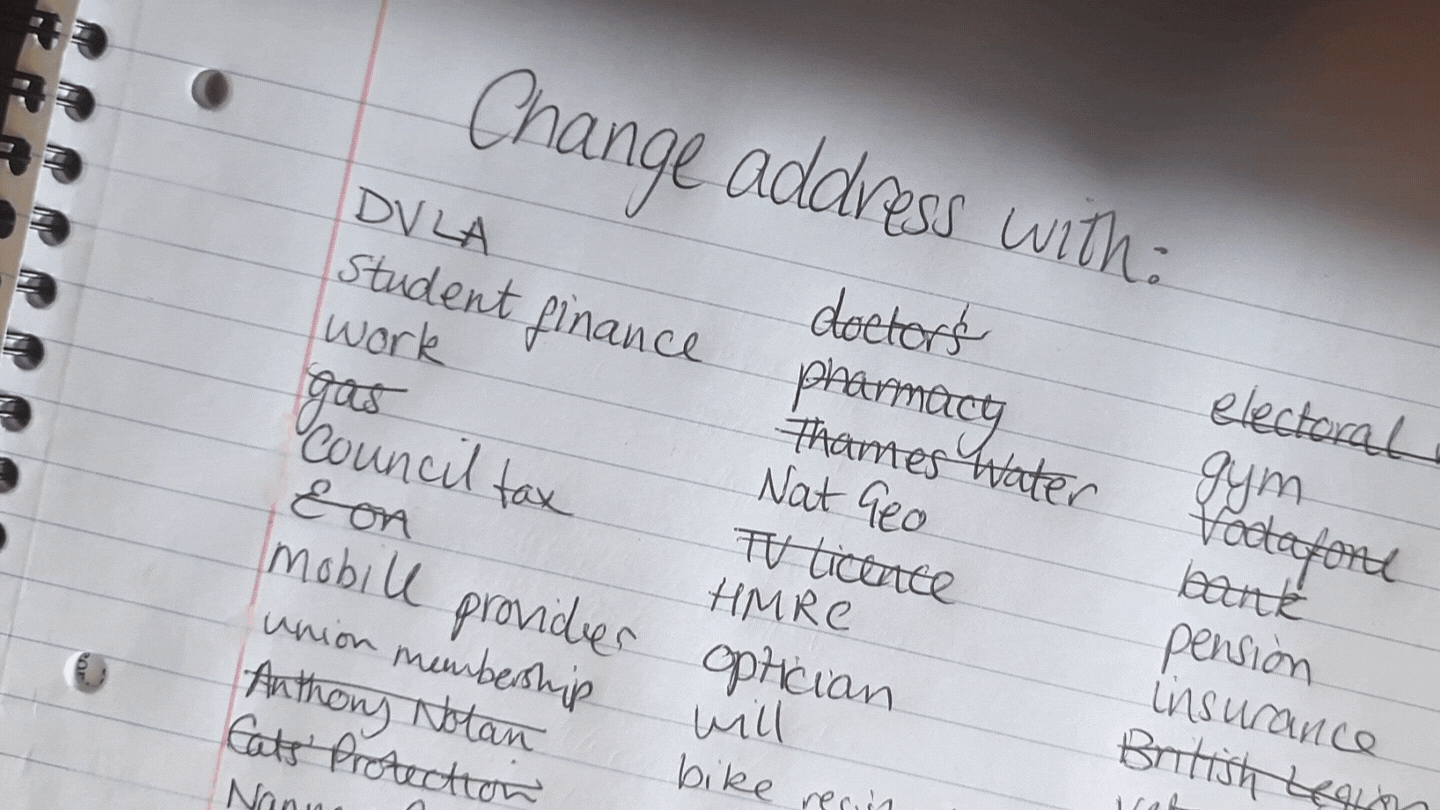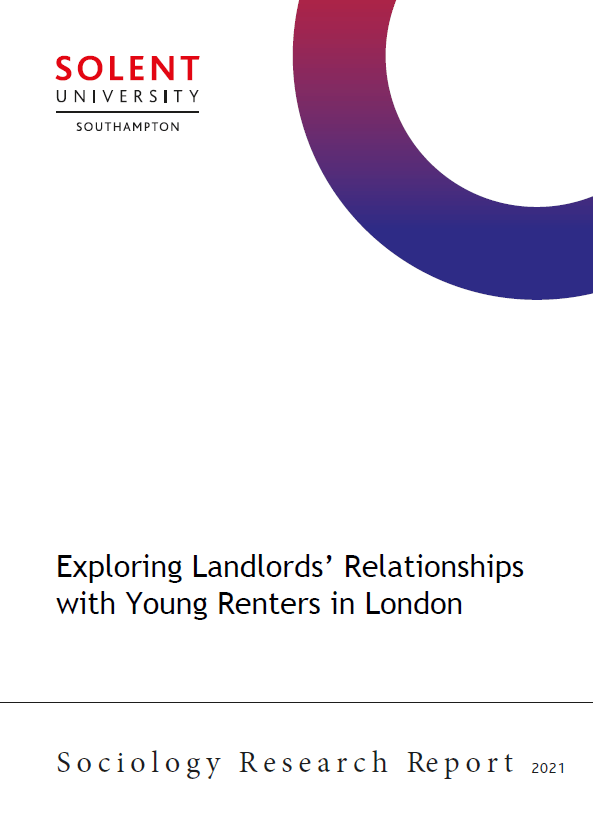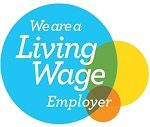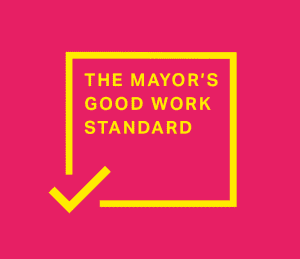Rent-Move-Repeat
Young Renters Peer Research
The challenges of renting in London as a young person
Over the course of two years, Toynbee Hall worked with 23 peer researchers to carry out participatory action research to explore the risks young private renters face in East London.
The peer researchers worked together with Toynbee Hall’s research and policy team to design the research, conduct and analyse data from surveys and interviews, and host co-design workshops with landlords to develop recommendations to improve the private renting experience for young renters.
Our final report, supported by the Berkeley Foundation, reveals the findings from the peer research and co-design stage with landlords, and the groups proposals for tackling the housing crisis.
Our approach
This project started with Toynbee Hall’s research and policy team actively recruiting a group of peer researchers. Over the course of 2.5 years, 23 peer researchers have taken part in the research, and a core group of seven in the co-design of recommendations and action phase. Peer researchers were all aged between 18-30, and either currently rent from a private landlord in East London, or have done so within the last five years. We’ve published another report to sit alongside the Rent-Move-Repeat findings and recommendations that focuses specifically on the participatory action research approach. Here we summarise our process and learning from the Rent-Move-Repeat project.
Our PAR Approach Reflection ReportKey findings
The research
found that young private renters face challenges across the entire renting
experience, from finding a home, to making a home, to moving out. The research
shows that a number of challenges contribute to a riskier experience of renting
for young private renters:
The percentage of income they spend on rent makes it difficult to cope with rent increases or slow deposit return;
Lack of options for affordable housing can force acceptance of inadequate living situations such as poorly maintained properties, overcrowding or illegal sublets;
Regular house moves can create extra risk through repeated exposure to periods of financial precarity, and increased chance of encountering poor landlords and letting agents;
Young private renters often do not know their legal rights, including whether their landlord/agent has met their obligations; and
They lack time and confidence to communicate with landlords and letting agents and to exercise their rights, especially when these relationships can be difficult.
Co-designed recommendations
What we want to see happening at a local level:
● Investment in ethical property management agencies in the capital which guarantee renters’ rights to accessible, affordable and safe housing.
● Development of a website and app, co-designed with renters and hosted by an organisation invested in housing rights, to help renters to get information and support at the correct time, and to successfully manage their tenancy.
Hopes for the future
Accessible, affordable and safe housing is a human right, and decision-makers with responsibility for housing have the fulfilment of that right as their legal primary consideration.
Section 21 no fault evictions are scrapped and there is better regulation and enforcement of the sector.
The social security system is protected and extended to provide a reliable lifeline to protect people.
A landlord register is created, and this is the first step in decision-makers having access to much more data on the private rented sector with which to identify and solve problems.
London and other devolved governments are given the power to tackle the affordability crisis using data from sources like the landlord register to take the best regional approach to rent stabilisation and control.
The building of social housing is a national priority with programmes of co-operative and community-led housing also explored and supported.
Young people are educated about their rights as renters as part of the national curriculum.
Co-design principles are used at every step of the process of tackling the housing crisis.
Rent-Move-Repeat Films
These films were made by our young private renters with the support of Rainbow Collective and were shown at the Renters Day of Action on 21st Macrh 2023 at Westminster, before a Q & A with Housing Minister, Rachel Maclean MP.
These are the stories of our peer researchers, Hannah, Laura, Samanthi and Harvey.
Rent-Move-Repeat GIF microsite
In May 2021, young private renters from Toynbee Hall’s Participatory Action Research group met with Leila Baker. Leila was a consultant conducting research for Trust for London and The Oak Foundation looking at experiences of temporary accommodation in London.
In the course of the conversation with Leila, the renters realised that precarious and insecure living has become so normalised that they did not initially recognise themselves as being in temporary accommodation. But the temporary nature of the private rented sector impacted on almost every aspect of their lives.
The group wrote an article to communicate their experiences, and were supported by Leila to meet with an arts practitioner, Lisa Meaney to explore and develop creative approaches to share these experiences. Lisa then linked the group in with AW—AR Studio who designed and built ‘Rent-Move-Repeat’.



Exploring landlords relationships with young renters in London
Students from Solent University supported Toynbee Hall’s Participatory Action Research on the challenges of renting in London as a young person. Students were supported to conduct and analyse interviews with private landlords to complement our Rent-Move-Repeat research and to understand landlords’ perspectives on the challenges of the sector.
Read the report from Solent UniversitySee our other research. Take a look through our research library
If you’d like to learn more about our work, and how you can collaborate with us, please email research@toynbeehall.org.uk
Our Research Library

































